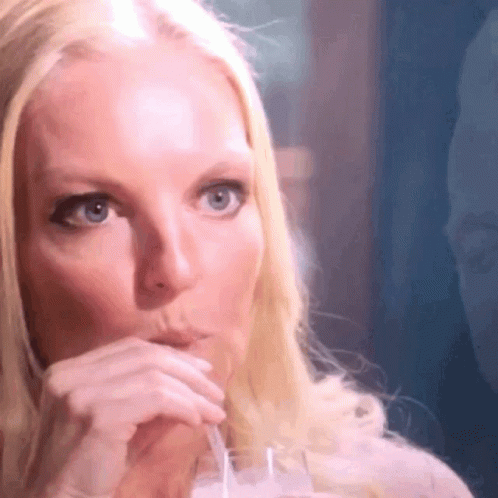Introducing: No Man's Land
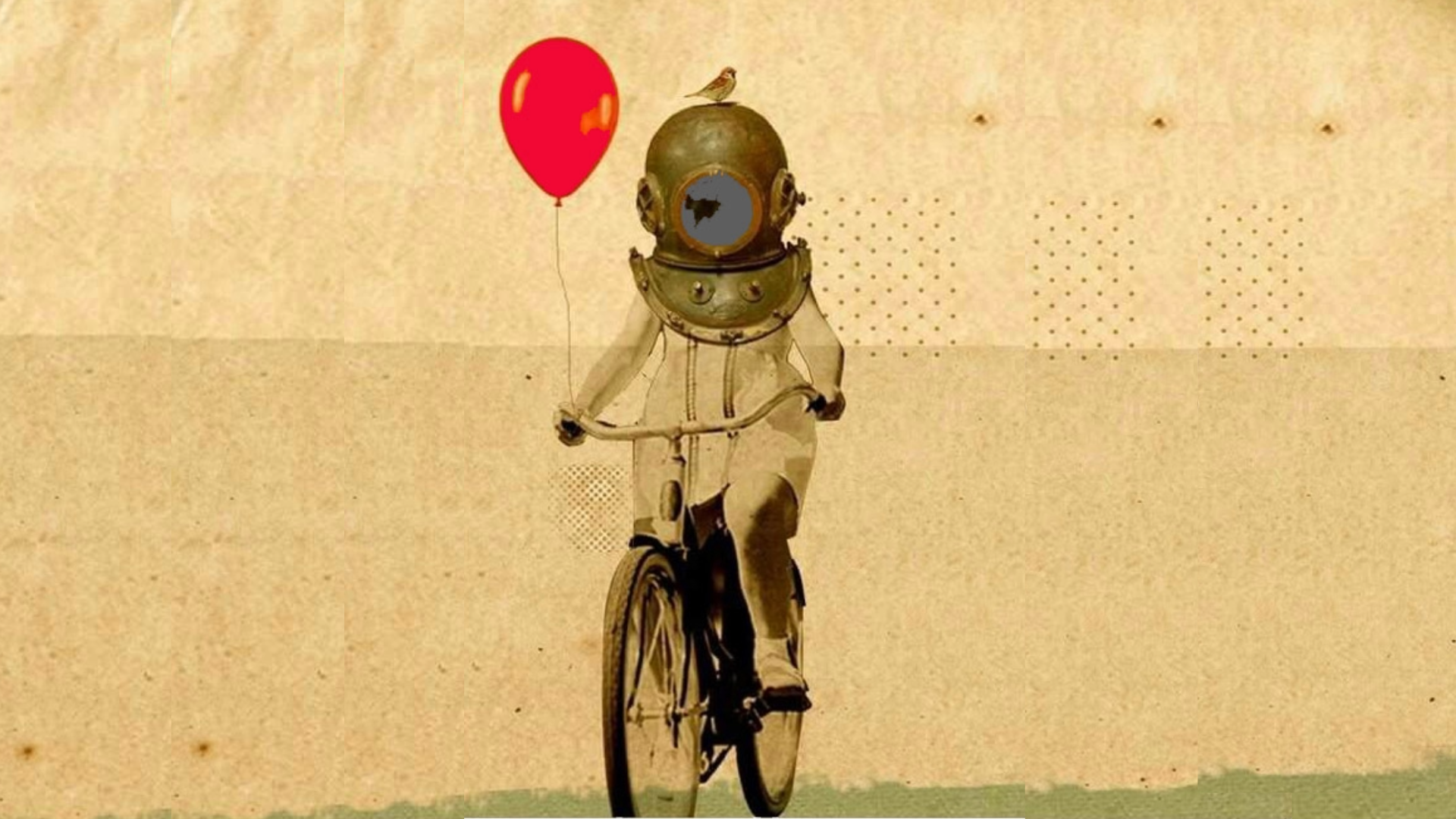
Many moons ago I found myself staring at an old friend in the Pastor's office. I had sat in this office many times before when my father was the occupant. My parents started the church after I was born. Twenty-five years later they stepped aside for a new leader to take over. Their predecessor, the man inhabiting the office now, knew me well. You could say he was like an older brother to me. He sat behind a heavy wooden desk with a thick leather bible resting on top. He was always meticulously groomed, not a hair out of place or a wrinkle on his shirt. Before he was the Pastor, we got along especially well. Now, sitting in his office, I knew I was a problem. I was here to undergo another round of our chess-match discussions. The friendliness from our past was dissipating. See, I ran two of the largest ministries in the church. I had 'great influence', as he described it. That influence was becoming an issue to his new style of leadership. This day in his office was one of our last conversations before everything changed.
It was a pure friendship between this Pastor and me. We went way back. At the time, I was an expressive art therapist and we had exchanged art many times, processed together, and developed a bit of a language around visual metaphor within our friendship. He loved ships; old, giant sailing ships. He had a few sculptures of wheels and anchors around his office. He mentioned one time that he sees himself as the anchor of a great ship, providing security and stability, anchoring a vessel where it's supposed to be. This became his symbol in our friendship, it was a metaphor in our discussions.
He used to say that he saw me as the opposite of him, he saw me as a red balloon; something that's pretty and fun but just kinda floats around unattached to anything. Red balloons were becoming a distraction on his ship.
If I was going to be a red balloon in his mind, I was determined to show him a different perspective. In response, I would playfully send him images of balloons carrying whole ships; of strange vessels being stranded up high in trees, ships that might need a big balloon to give them passage through impossible times.


In our final conversation, before everything took an unexpected turn, he said he was changing his symbol. "I'm not an anchor after all", he said, "I'm an anvil. I'm the thing that others are hammered upon to take their proper shape".
"What does that mean for red balloons?" I asked.
I've always been curious. I asked a lot of questions growing up. Sometimes my family would give me a question limit when hanging out. I was insatiable.
About a year before the conversation with the Pastor, someone challenged me with a book. They dared me to read the whole thing after making a wild claim that I could be healed of my physical ailments. I didn't think they were right, but I was curious. I agreed to read the book. What did I have to lose? If I was wrong, then I'd be one step closer to feeling better. If I was right, I won the challenge.

I didn't agree with everything in the book. But there were some interesting points, interesting enough that my curiosity grew and I decided to read a few more books. Down the rabbit hole I went. And yes, my condition was healed in ways I didn't think were possible. It was an awakening moment.
That's when everything started to change at a rapid rate and it hasn't stopped since.
I kept reading books, I read a lot of books. I noticed a few things that became a type of creed, a way of moving through the world as I followed my curiosity.
I don't agree with anyone
I'm perfectly ok with this. There is no speaker, guru, mentor, or author with whom I agree 100% across the board. I don't agree with my best friends, my husband, or my most helpful mentors on everything. I tend to love people with whom there is a palpable difference in perspective.
I had a friend once who was a passionate atheist. I was a good Christian girl who was very involved at my church. We were in open, albeit respectful, disagreement about one of the more defining aspects of our lives. I'd rather share a meal with someone like that than with someone from my own tribe but with whom there is no ability or tolerance to disagree.
I realized that immediate comfort comes from being around those with whom I agree (politically, religiously, best tv shows) but that true security lies in knowing that I am secure when we don't agree.

If I know we don't agree on one of the many top triggers flying around, but we can share a meal and talk freely, openly, and respectfully- this is the most secure and exciting relationship in my book.
Disagreeing is healthy. Being offended is boring
After traveling extensively to hear a fringe thought leader that I adored (specifically because of how challenging he was to my whole world), I arrived just in time to hear him warming up with some light comedy at my expense. Well, not me personally, but he basically went on a tear about 'my type of person'. One thing after the other, he made jokes about my lifestyle, my diet, my type of exercise, my looks- if I was easily offended I would not have been able to listen to this guy. But I'm not, so I laughed, doodled in my notebook, and waited to hear what I was there for. I learned to separate the incurable imperfection of the speaker/author/artist/leader and learned to focus on evaluating the inspired words and works they put forth.
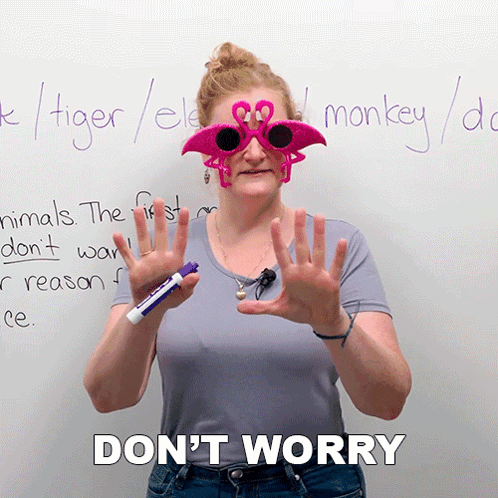
Some authors and leaders taught me things that were instrumental to my growth. If I had to agree with their personal lives, religious preferences, political views, etc, before I could hear what they are saying, I would have never been able to learn from any of them. They're all offensive if you're easily offended. They're all helpful in some way if you're not.
Without disagreement, there is no growth.
The books, teachers, and friends who taught me the most were those who were willing to expose me to ideas that were outside my scope of agreement. I cannot grow if I'm only surrounded by what I know.
This is why I believe there is so much resistance in the form of people pleasing, conflict avoidance, easily offended mindsets, and censorship of all kinds around information we 'don't agree with': because it's always the portal to growth.
"Truth is often accompanied by a bodyguard of lies" - Winston Churchill
Truth sets us free, yes, but it almost always pisses us off first. It's challenging. It's uncomfortable. It feels weird. We often have to explore things that are not true before understanding things that are. It's this process that is so important.
For me, it's not about finding the perfect group, stance, belief, etc- it's about building the skills and inner world to handle the process of continual expansion. I want to be around people who are free to live like that, not people who I agree with on everything.

What I learned ten years ago is that most people don't feel this way. What I call curiosity and exploring, someone else called dangerous and disruptive. What I see as healthy disagreement, others called rebellion. The things I am passionate about, the Pastor of my church found offensive. I didn't know any of this at the time. What happened next shocked me and changed my entire life.
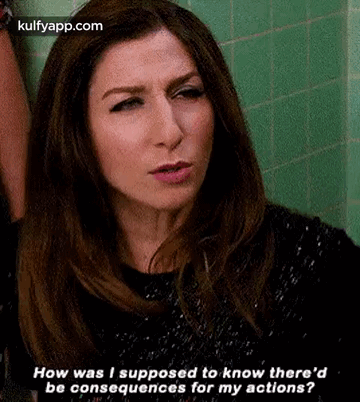
Long before my time, the Pastors of very large, influential churches asked my father if he would manage a group of outcasts- addicts, convicts, misfits of all sorts. These prestigious church leaders needed a place to send their deeply troubled cases and my father agreed to do the job. He started a church with a group of unchurchable men.
The father of the man who was once an anchor, the man who was a friend but became my Pastor, the guy who was meticulously groomed, and against all the books I read, his father was in that small group of misfits. The Pastor who became the anvil was the son of the unchurchable men who found acceptance in the original No Man's Land of churches.
It wasn't a No Man's Land anymore, it was a church eager to be like the others. And it turns out, an anvil and a balloon didn't go well together.
I was given an ultimatum by my old friend, the Pastor. We were sitting together in a cold room with two of the elders, where the clear choice was delivered: I could recant everything I had read, agree to stop asking questions, commit to never recommend books or teachers to anyone in the church (including my own family, who were also too influential to be reading new books) and finally, to step down from all my roles of leadership and openly agree with the Pastor on all matters moving forward. That, or be kicked out of the church I helped build, the church I grew up in, the church my father founded on misfits and outcasts.
The irony was not missed by me.
In the end, I was dubbed a heretic, and the Pastor had no choice but to protect the church from my dangerous influence. If I wanted to explain myself to anyone, I had to go through him and vice versa. I was promptly kicked out of the group of people I had spent my whole life with, I lost everything in one quick verdict. People who watched me grow up, mentored me, served with me, traveled with me; people I was with every weekend, birthdays, holidays- gone.
That's the OG cancel culture. I got canceled hard.
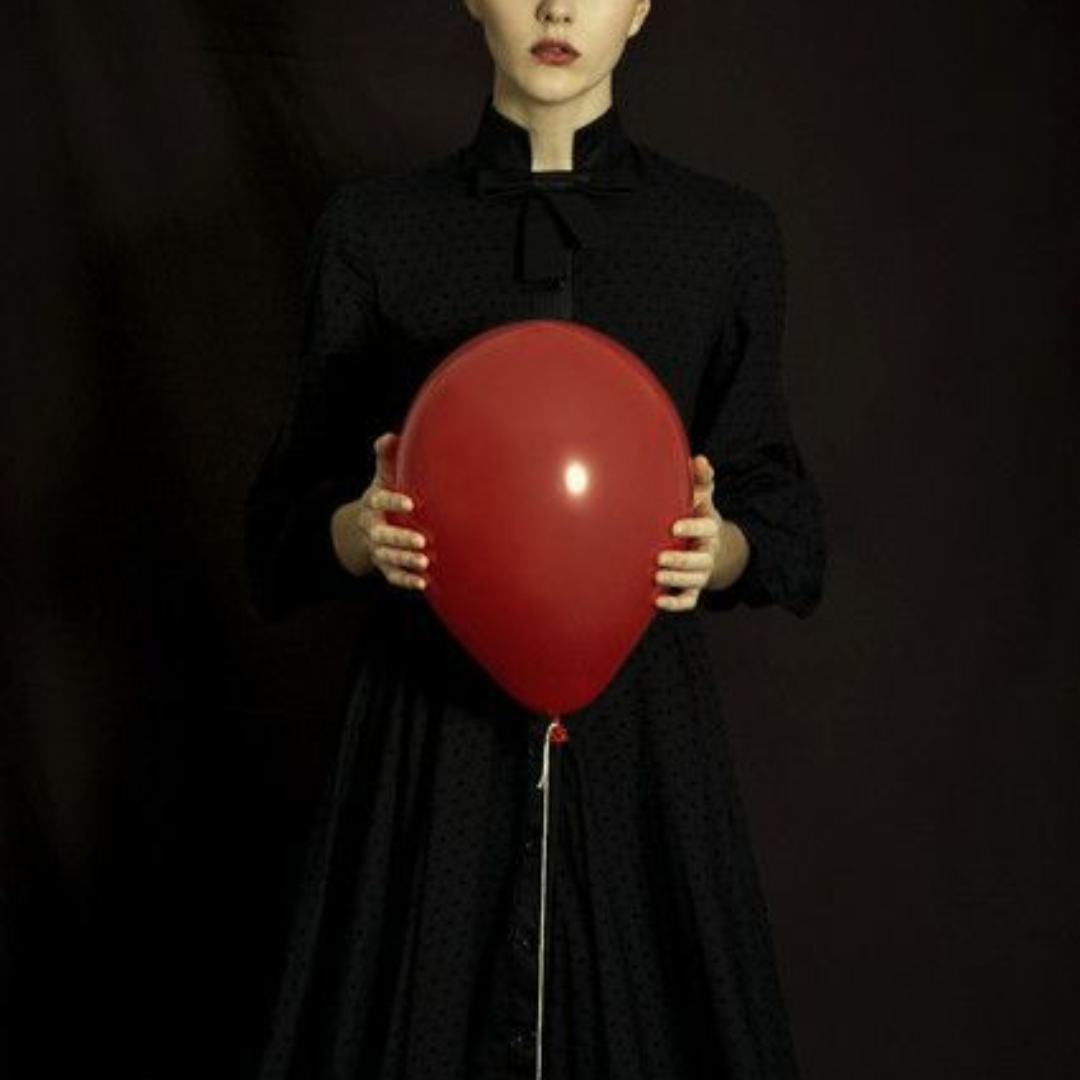
These are the questions I asked:
- If what we believe is true, can it not hold up under rigorous questioning? If so, isn't it more advantageous to question freely?
- Are there not aspects to our infallible theology today that were not also considered 'heresy' 50 years ago? 500 years ago?
- Is it not worth reconsidering that after 25 years of housing every walk of life, 'sin' and misfit nature in this church I would be the first to be exiled? A young woman who is asking to read books freely- no hidden agenda, inviting any leader who wants to weigh in, with total transparency? Is it not odd this would be the biggest crime to date?
- Would it not be better for us as a people to stay united on the one big reason we're all here but to leave room after that for growth, for questions, and for people to find their way at their own pace? Wouldn't be far more advantageous to stick together and not start a precedent of eviction for stepping out of line on the details of specific thought?
We were way past reasoning. So I simply stated that what I'm reading now will be commonly held beliefs in ten, fifteen, or thirty years when it comes at no cost to any of them.
Then, I accepted my fate and left peacefully.
No Man's Land
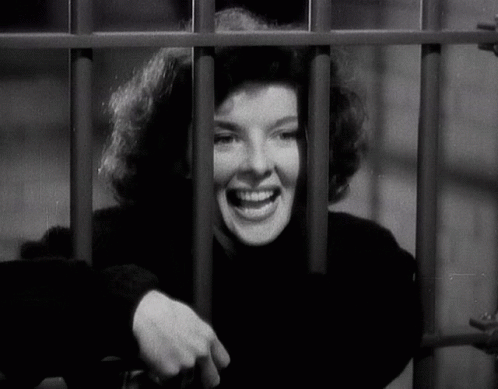
My exile sounds dramatic but it was actually quite simple from my end.
I was curious. I asked a lot of questions. I read a lot of books. My enthusiasm for what I was learning and how excited I was about life distracted me from how threatening it was to others. This is not a crime in my opinion. This is the only way to live.
Living like this has thrown me into a type of No Man's Land again and again. My commitment to exploring, understanding, and knowing the truth at this critical point in history will likely keep me here.
I'm a big fan of Alice in Wonderland, and I've discovered that going down the rabbit hole does indeed lead to somewhere, straight to No Man's Land.
It's a process as much as it is a place, and in the process things aren't always clear, there's ambiguity and a lot of questions. It's hard to find anyone to agree with perfectly. I've been roaming around this vast landscape for a long time, never quite belonging to one group, one perfect box, or a clearly defined community. So it's here that I plant my flag.
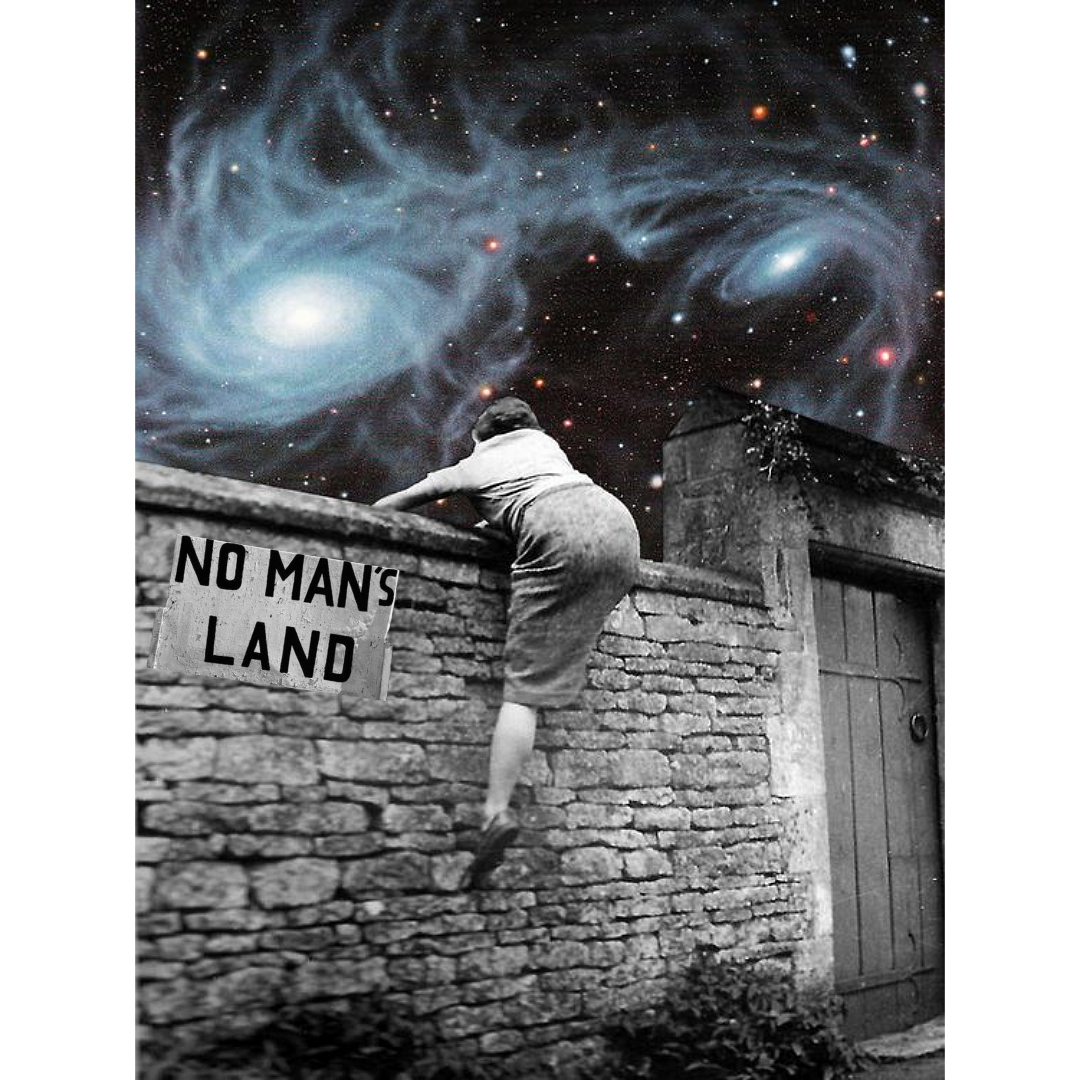
No Man's Land; an unclaimed area, a safe zone for outcasts and misfits who clearly don't belong in the mainstream options of every topic.
No Man's Land is a mental space where we can suspend the drug of certainty and entertain new stories, fresh perspectives, and fringe ideas.
No Man's Land is the home of the process in which we're free to explore ideas outside our neat little boxes without the threat of expulsion or the pressure to agree on everything.
No Man's Land takes two of the big questions I posed and turns them into the premise for the space I want to be in:
#1 Truth can and will stand up under the most rigorous of questioning; therefore we don't need to be afraid of exploring or asking questions
#2: If we are united under one big thing (for example, good vs evil) then everything else is something we can agree to disagree upon until the battle is won

What I experienced over ten years ago is a micro example of what's happening on the macro; the pressure is on. Changes are imminent and it's causing division, it's rattling centralized, established institutions and it's leaving a lot of truth seekers stranded without a community.
In my humble opinion, this is no time to burrow down in our thousand different denominations of rules and preferences. This is a time to unite with everyone who is willing to stand openly against the evil that is moving in our world right now. This is good vs evil, at the highest level.
No Man's Land is a space, a little community, a simple podcast, and regular reminders in blogs- for those who have also been evicted, have questions, lost family in their pursuit of truth or freedom. It's for the misfits and outcasts, the Game Changers of our time who are pursuing the kind of personal evolution that ends up, at some point, in no man's land. It's for those who are about to end up in this boat but don't know it yet.
I will never fit in everyone's boxes. No one ever fits in all of mine. No Man's Land hosts the idea that in this little space, we don't need unilateral conformity, we need the open-ended process of healing, expanding, and becoming who we were meant to be.
The people that are most comfortable here have accepted that we're all so weird there are no longer nice neat boxes to contain us, anyways.
Ten years ago, when all this started, there were three authors in particular with whom I was told to publicly denounce or burn in exile under the term heretic.
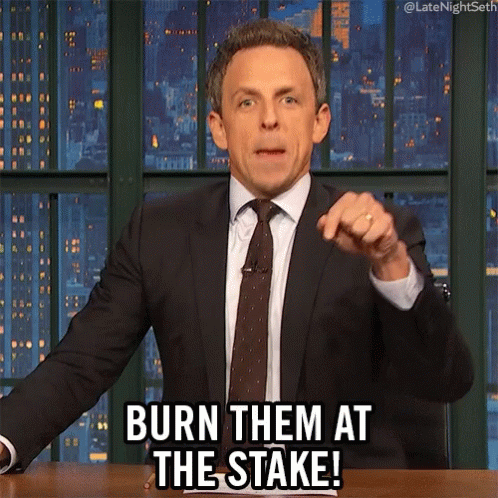
One of those three authors is on the podcast this week.
You're invited to join me as I interview Dr. Jonathan Welton on this first episode of Alice In No Man's Land.
I've asked the thinkers, storytellers, and those who dedicate their life's work to asking big questions to delve into the process of answering these three big ones for all of us:
And What's Our Role in the Story?
This week Dr. Jonathan Welton gives us his worldview, the story of our time, and some specific pointers on what we can do right now to be Game Changers.
Alice In No Man's Land: Episode #1 with Dr. Jonathan Welton
Join me for this low-budget, hole-in-wall production that will dazzle you with some unexpected perspectives.
